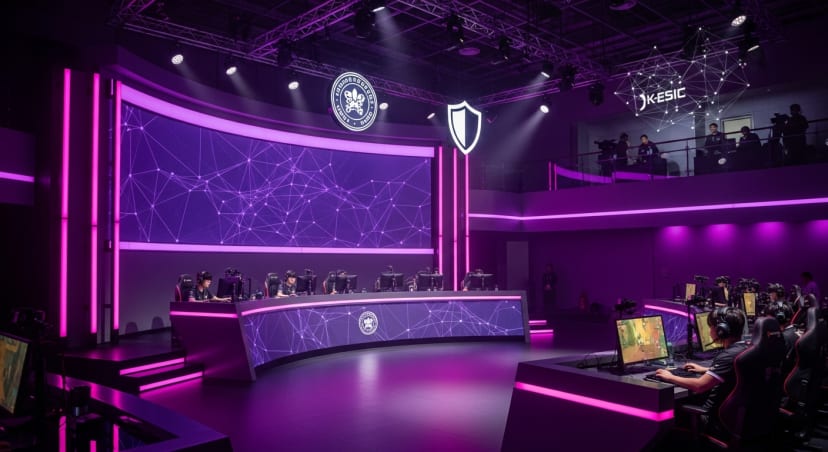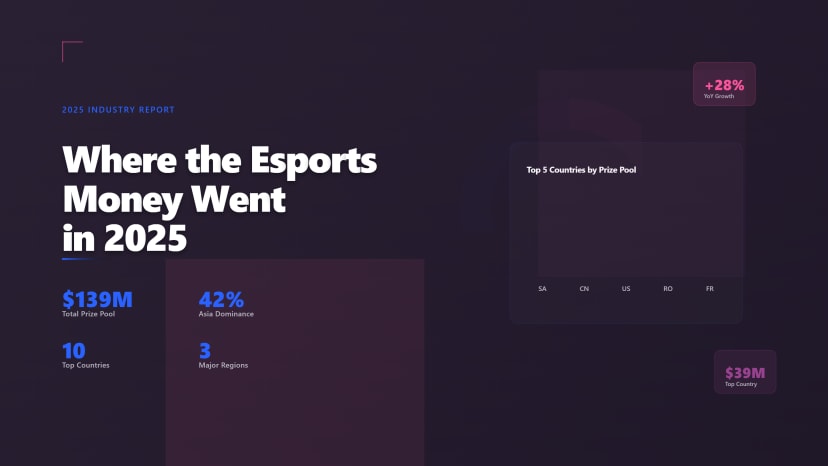LEC's Light Schedule Sparks Debate on Competitiveness

Recommended casinos
The League of Legends European Championship (LEC) has come under scrutiny for its noticeably lighter match schedule compared to other major leagues. With some teams playing as few as four matches in the current split, critics argue that the reduced number of fixtures could hinder competitive growth and weaken fan engagement.
In contrast, Asian leagues like the LPL feature denser schedules, providing teams with more opportunities to adapt and maintain their sharp form. Analysts such as Christian “IWDominate” Rivera have noted that this imbalance may put Western organizations at a disadvantage when facing opponents accustomed to more frequent competition.
The debate extends beyond match frequency, touching on league sustainability and franchise value. NaVi’s recent acquisition of Rogue’s LEC spot—estimated at around €20 million—has reignited conversations about whether the league’s operational model can support both teams and long-term fan interest under the current structure.
As the esports ecosystem evolves, the LEC will face increasing pressure to reassess its scheduling approach to ensure a fair and engaging competitive environment for players and audiences alike.








